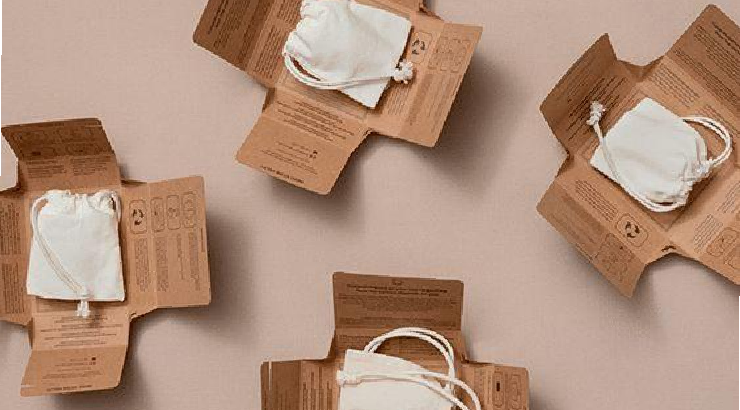The pharmaceutical industry has long been a major contributor to plastic pollution and waste. From plastic pill bottles to blister packs, the industry generates a significant amount of single-use plastic that often ends up in landfills or the ocean. However, the industry is now beginning to respond to the call for sustainability, with companies seeking out eco-friendly alternatives and implementing more sustainable packaging practices. In this blog, we will explore how the pharma industry is responding to the call for sustainability through green packaging.
Eco-Friendly Packaging Alternatives
Pharmaceutical companies are increasingly turning to eco-friendly packaging alternatives, such as biodegradable and compostable materials. These materials are designed to break down naturally in the environment, reducing waste and pollution. For example, some companies are using plant-based packaging made from corn, sugarcane, or bamboo fibers, while others are experimenting with packaging made from mushroom mycelium, which is a sustainable and biodegradable alternative to Styrofoam.
Sustainable Packaging Practices
In addition to exploring eco-friendly packaging alternatives, pharma companies are also implementing more sustainable packaging practices. For example, some companies are reducing the amount of packaging they use, while others are designing packages that can be easily disassembled and recycled. Additionally, many companies are exploring the use of reusable packaging, such as refillable containers for medication.
The push for sustainable packaging in the pharmaceutical industry is not only coming from individual companies but also from industry collaborations. For example, the Healthcare Plastics Recycling Council (HPRC) is a collaborative group of healthcare companies working together to improve the recyclability of plastic products used in the healthcare industry. The group is working to develop new recycling technologies and solutions to help reduce waste in the industry.
One company that is leading the way in sustainable packaging is AstraZeneca, a global biopharmaceutical company. In 2019, the company announced its commitment to eliminating single-use plastics from its global operations by 2020. AstraZeneca has implemented a range of sustainable packaging initiatives, including the use of 100% recyclable materials in its packaging, reducing the amount of packaging used, and investing in recycling programs. The company has also established a global sustainability team to oversee its sustainability efforts.
Conclusion
As the push for sustainability continues to grow, the pharma industry is responding with innovative and eco-friendly packaging solutions. From biodegradable materials to reusable packaging, companies are exploring a range of options to reduce waste and pollution. By implementing more sustainable packaging practices and collaborating with others in the industry, the pharma industry is helping to create a more sustainable future.


